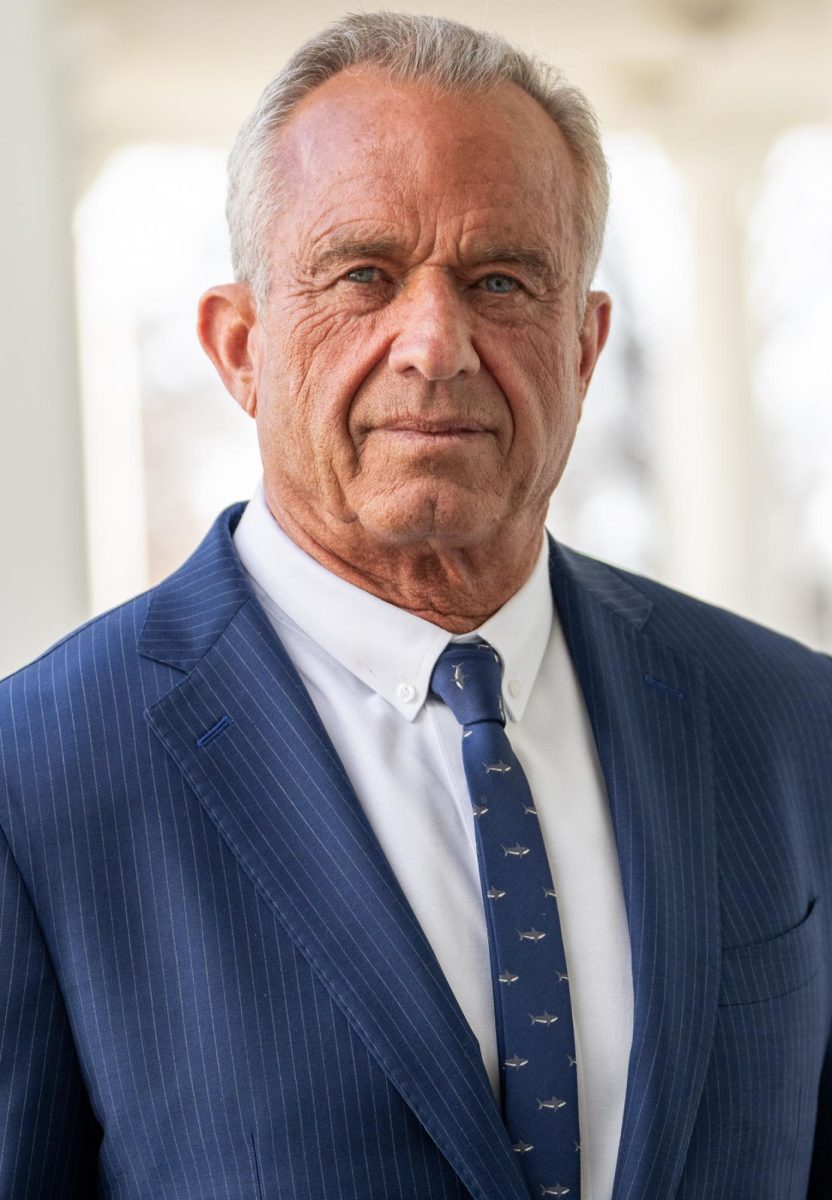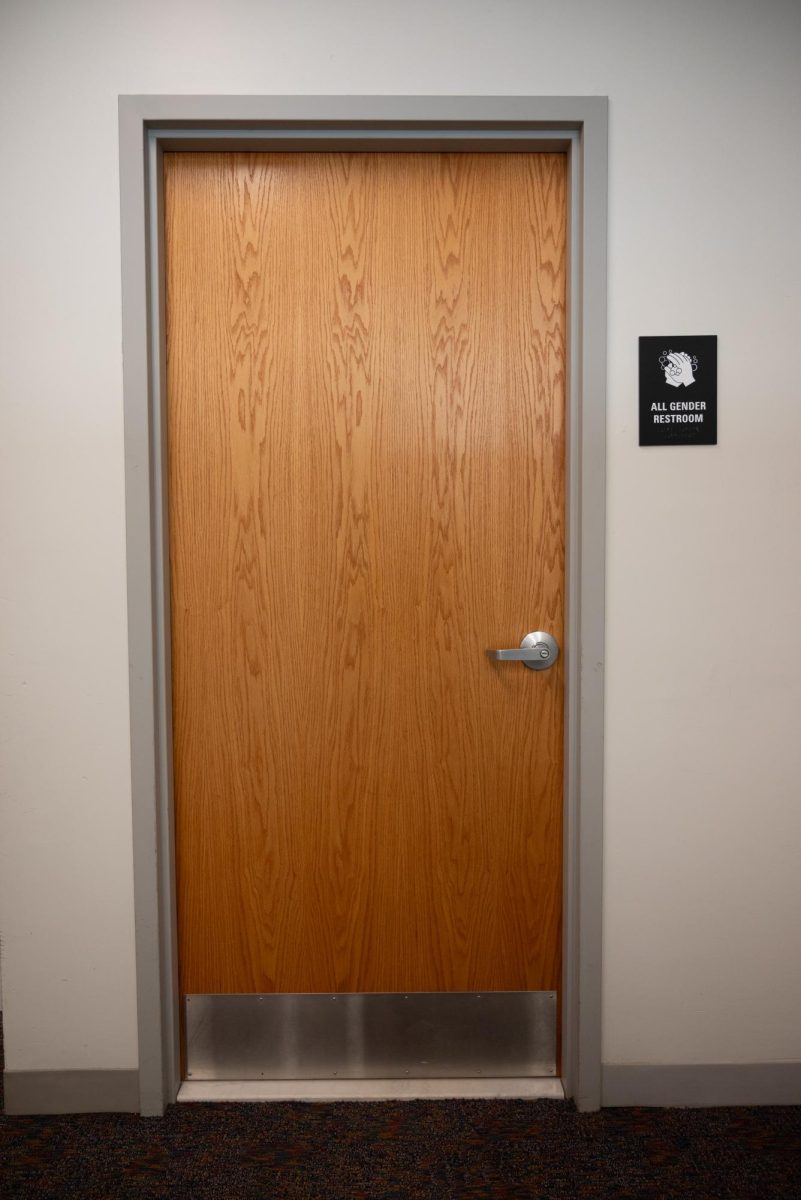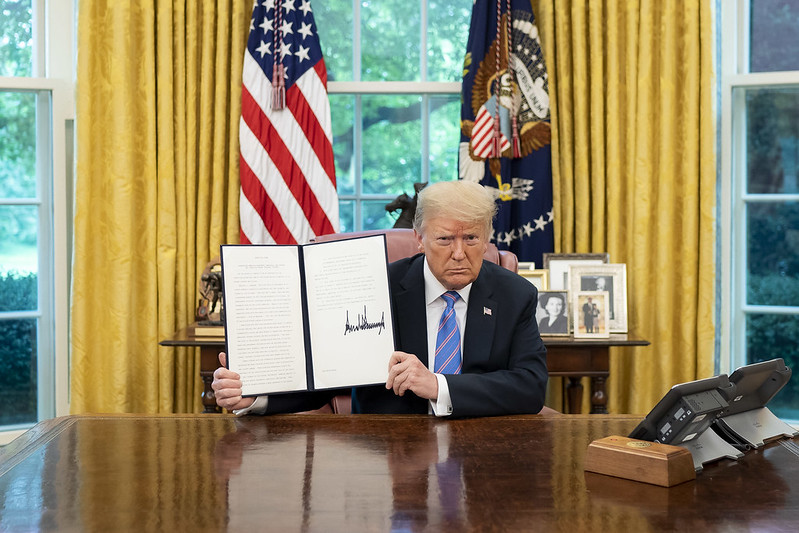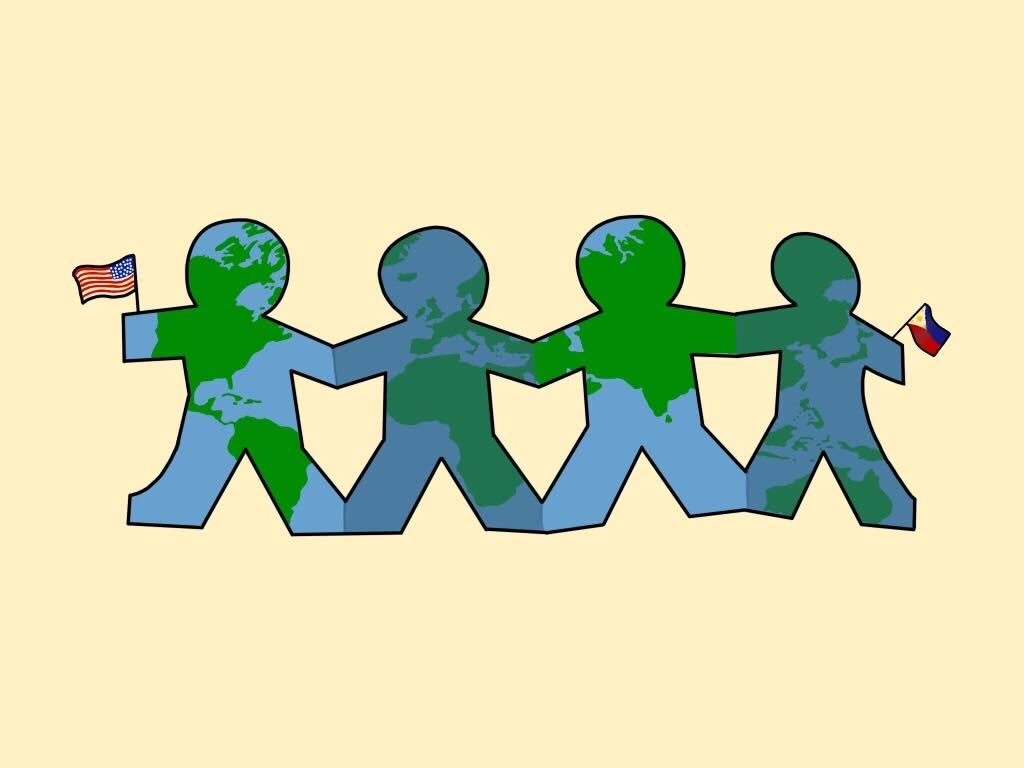Jan. 11, 2012 marked a rather unsavory anniversary in the history of the United States – It has been 10 years since the first 20 Afghan prisoners went through its gates. At its peak 680 suspected terrorists were held there during President George W. Bush’s “war on terror,” and while that astronomical figure has dissipated, 171 prisoners remain incarcerated in the camp.
The atrocities of Sept. 11 evoked a palpable paralysis of fear in America, and we demanded immediate justice. The nation saw those notorious snaps of Arabic men, blindfolded in orange jumpsuits and we felt reassured. More and more “enemy combatants” flooded in and with every additional body came a pinch more comfort to the American public.
This collective fear allowed the Bush administration to bypass and degrade the United States constitution in the name of defending that very same document. Within a few months of the horrendous attack on the World Trade Center, an equally fearful Congress granted unprecedented power to the executive branch of the government, allowing the president to direct the capture of any non-citizen anywhere in the world allegedly involved in international terrorism, and to detain that person indefinitely without ability to appeal. It should be noted that this now applies to US citizens too.
This seismic power grab saw Guantanamo expand inexorably. Inmates were subject to “enhanced interrogation techniques,” or torture, to you and me. Yet America remained apathetic, if not supportive of the base. Political rhetoric informed us that we were at war, that these people were a national security threat. Indeed many of them may well have been – but to classify them as the US government did as “enemy combatants” is a fallacy.
Bush sought to legitimize unconstitutional treatment of suspected criminals by portraying them as legitimate members of a foreign armed force who as such, would not be entitled to the same rights of appeal or require the same burden of evidence criminal proceedings require. It is widely accepted that most cases would not stand up in a US court of law, and that is why the government is fearful of putting these men on trial in a federal court.
Their fear is understandable. There are dangerous minds detained in Guantanamo. Khalid Sheikh Mohammed, suspected mastermind of the Sept. 11 attacks is currently detained there. However, there have also many tales of detainees held under false pretences. “My Guantanamo Nightmare,” by Lakhdar Boumediene published Jan. 8, in The New York Times, detailed the struggle of Guantanamo inmate of seven years Lakhdar Boumediene. Boumediene was released in 2009 after the Supreme Court ruled there was no adequate reason to continue holding him. Many others were released following similar rulings.
The detention center’s closure was a key electoral promise of Obama’s campaign in 2008. A combination of logistical headaches and wrangling with Congress made him renege on this. Indeed, it is a promise that is scarcely mentioned at all in his run for re-election this year. The Republican candidates appear equally disinterested in this forgotten element of US foreign policy.
In the 2012 election these elements are not less foreign policy questions than they are domestic, economic ones. This mindset is evident also with Guantanamo. Congress currently refuses to release any funds for the domestic trial, release or relocation of Guantanamo inmates. It seems there are certain fundamental principles guaranteed under the US Constitution that have had a price tag placed on them.
Detainees with sufficient evidence against them should be tried criminally at a federal level. Those without should be released, relocated and heavily monitored if necessary. Certain fundamental constitutional principles that the United States guarantees should not be sacrificed in the name of fear. That is the goal of those who seek to terrorize this country.
So happy 10th birthday, Guantanamo Bay. Still no sign of Obama blowing out the candles.
– Greg McInerney can be reached at [email protected]









